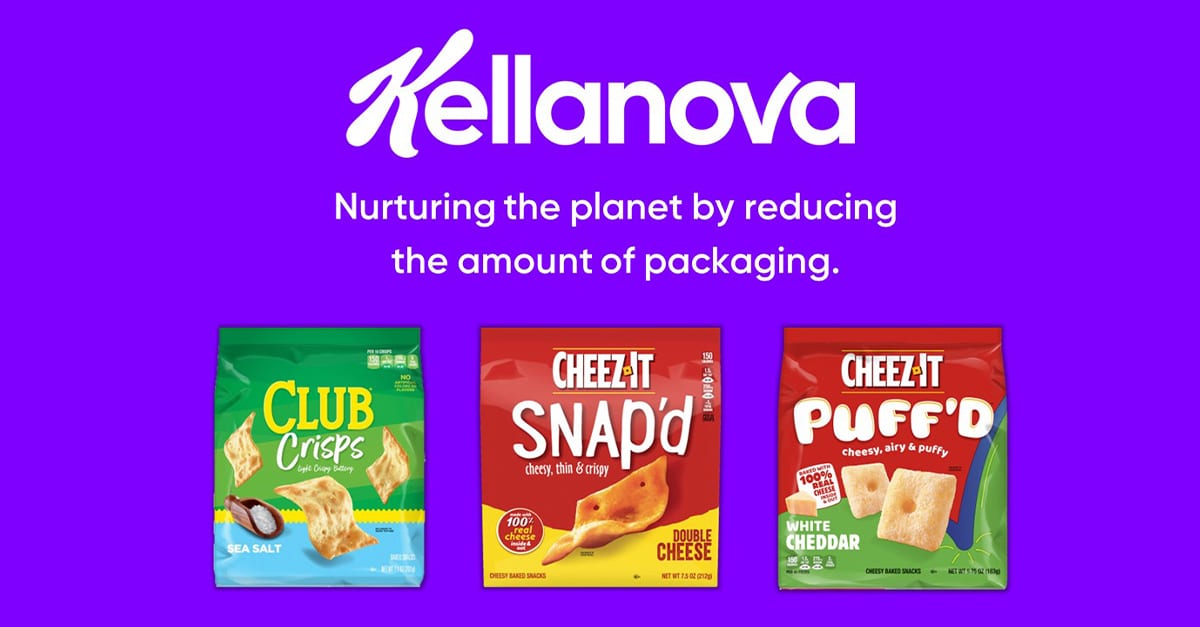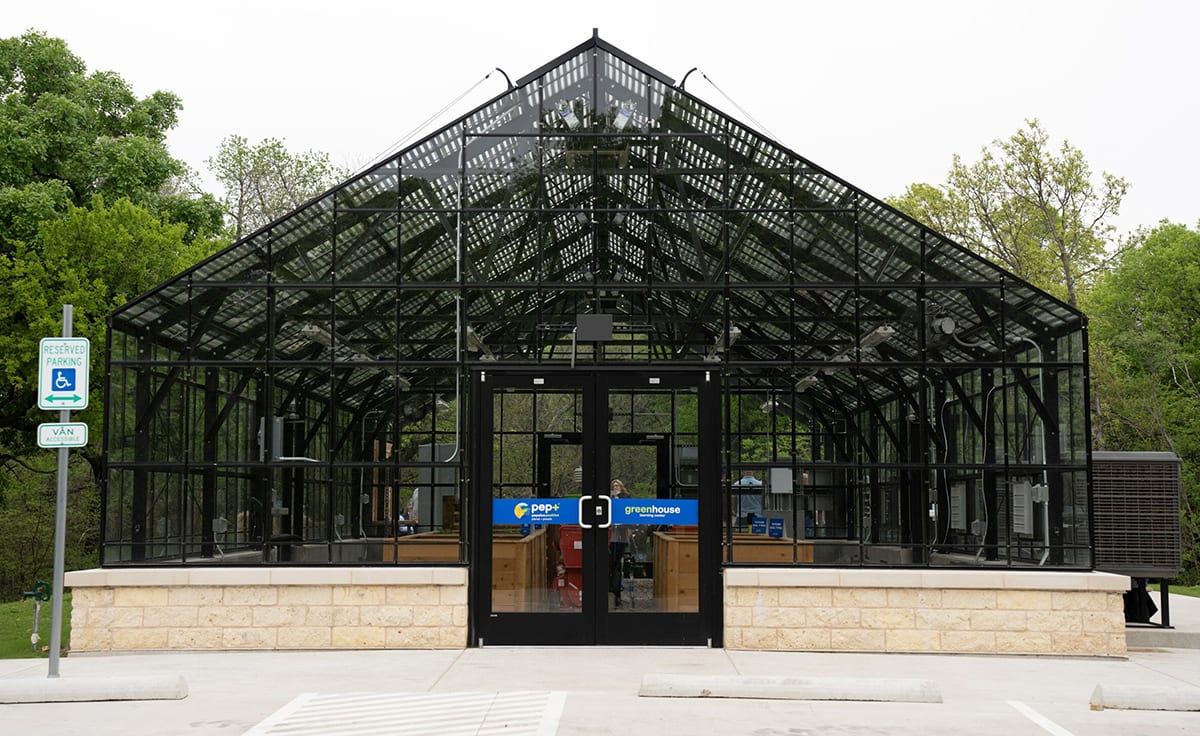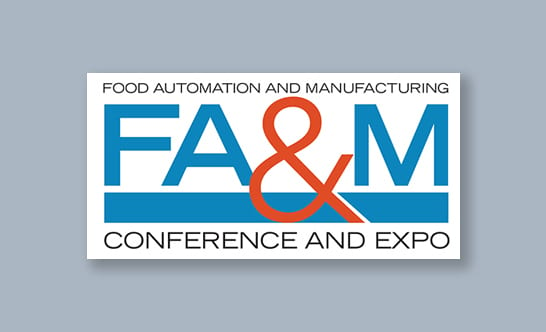Sustainability Sells Part 2
Trends
More consumers weigh sustainable packaging appeal with on-shelf purchases.
From Store to Front Door
BY LU ANN WILLIAMS
Photo courtesy of: Getty Images / lady_in_red13
Additional innovations benefit recycling efforts. Wash-off labels help optimize the commercial glass bottle cleaning procedures. More CPG companies are moving away from removable and non-recyclable caps. Instead, they’re converting to tethered beverage bottle caps that can be recycled with the bottle. Packaging companies also are developing recyclable, fiber-based or paperboard packages, some with a removable, separately recyclable foil top.
Innovations in new bio-based materials under development include packaging made from wood pulp, seaweed, or a combination of plants, food waste, and air. These types of sustainable packages can help combat plastic waste while enabling reuse of materials. However, before they can develop new behaviors, consumers will need to be educated on new symbols and icons that define recyclability.

Less is More: Packaging optimization helped Kellanova reduce the amount of plastic in Cheez-It Snap'd, Cheez-It Puff'd and Club Crisps while it maintains the same food quantity in each package. Officials say the move reduced total material weight for these three foods by 672,000 pounds. It reduced 124,000 pounds of plastic and a related 548,000 pounds of corrugated cardboard used for shipping cases (annually). Photo courtesy of Kellanova
Last year saw Frito-Lay and Quaker open the “Greenhouse Learning Center” at Frito-Lay’s Plano, Texas, R&D center. Officials say the facility will field test, measure, and analyze compostable packaging. Parent PepsiCo says the investment is a “milestone to achieve the company's PepsiCo Positive (pep+) packaging goal to design 100% of packaging to be recyclable, compostable, biodegradable or reusable by 2025.” Photo credit: Frito-Lay / PepsiCo
Resource management includes adaptation to the supply shortages and material scarcity that define today’s global economy. Not surprisingly, the packaging sector is focusing on resource efficiency through better energy management, minimization of waste materials, and increasing recycling rates. Companies globally are incorporating resource management into circular economies by offering alternative, recyclable solutions that are based on fossil fuel-free technology. Overall, we see the packaging industry moving toward a carbon-neutral economy with actions to reduce emissions, remove carbon, and capture carbon.
Sustainability strides
Innova and its subsidiaries actively monitor packaging claims on new product launches and are encouraged by recent launches that incorporate sustainable packaging. Here are just a few examples.
Nissin Foods USA, Gardena, Calif., planned in early 2024 to discontinue its polystyrene cup for Cup Noodles and roll out new paper-based, microwaveable version made with 40% recycled fiber. Additionally, it no longer requires a plastic wrap and features a sleeve made with 100% recycled paper.

Waiakea Hawaiian Volcanic Water, Hilo, Hi., says it’s one of the only bottled waters to use high-grade 100% rPET, or post-consumer recycled PET. In comparison to regular virgin plastic bottles, these recycled bottles: use 85% less energy to manufacture, use 99% less water, and reduce carbon emissions by 79%.
In the UK, Kraft Heinz launched a ketchup bottle with the company’s first 100% recyclable cap. Officials say the mono-material, polypropylene cap took eight years of R&D and is estimated to save a potential 300 million plastic lids from landfills every year.
In 2022, Humble Snacks Inc., Guelph, Ont., introduced industrial compostable certified bags (certified by BPI North America), which means its bags compost in municipal or commercial compost facilities and decompose in 90-180 days.
Research also spans the globe. SEALPAC GmbH, Oldenberg, Germany, has developed paper-based, recyclable packaging for use with plant-based cold cuts and other plant-based proteins. In other news, South Dakota State University researchers created a biodegradable plastic film by extracting the lignocellulosic residue from spent coffee grounds. The film matches the performance of conventional plastic wrap and can biodegrade within 45 days.
Avoid greenwashing
The European Consumer Organisation (BEUC)—supported by environmental groups Client Earth and Environmental Coalition on Standards (ECOS)—has leveled “greenwashing” charges against major water bottle producers. They assert that packaging and advertising claims about recycled materials or recyclability can be misleading, and that such claims often are not fully valid. Furthermore, packaging that displays nature-related images suggests environmental friendliness, which may not be 100% true.
It will be important for companies to reduce greenwashing and communicate honestly about their actions toward the environment and sustainability. Only half of consumers we surveyed agree or strongly agree that they trust the sustainable claim on product packaging and nearly two-thirds would like to see straightforward communication about companies' efforts in sustainability on pack.
Four in 10 consumers tell us that they are willing to choose products with environmentally friendly packaging or less packaging when looking to reduce spending and cut costs. Actions that cause consumers to lose trust in packaging claims could reduce this willingness to support nature and health of the planet. PF
Lu Ann Williams is Global Insights Director at Innova Market Insights, provider of market research services including the Innova Database. With more than 25 years’ experience in the food industry, Lu Ann is a trend expert and frequent public speaker at events worldwide. She leads a team of analysts and works with global clients. Contact her at luann.williams@innovami.com


